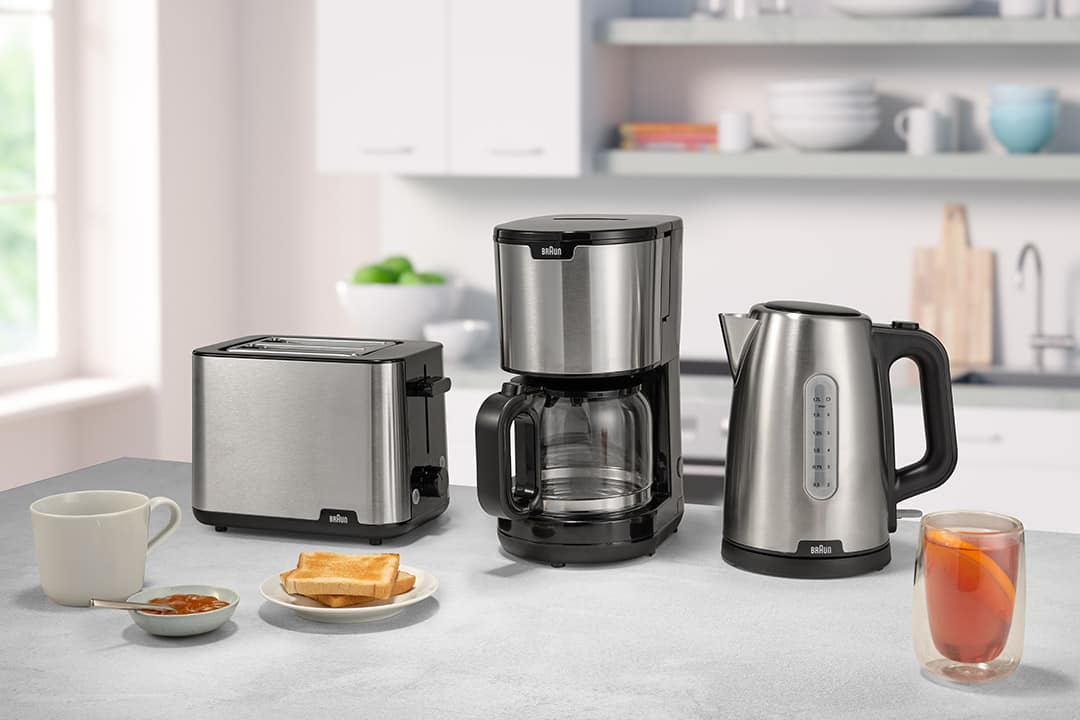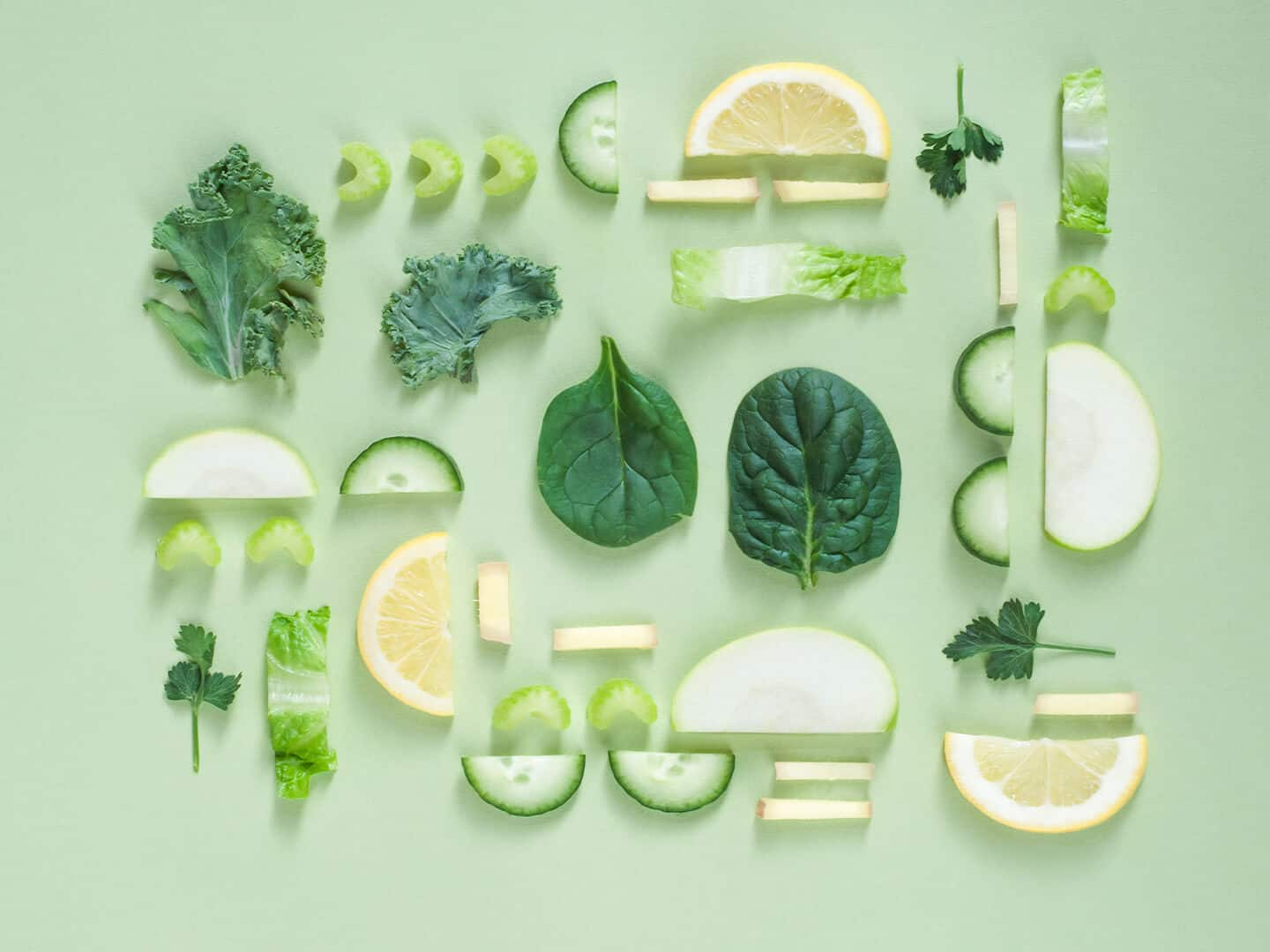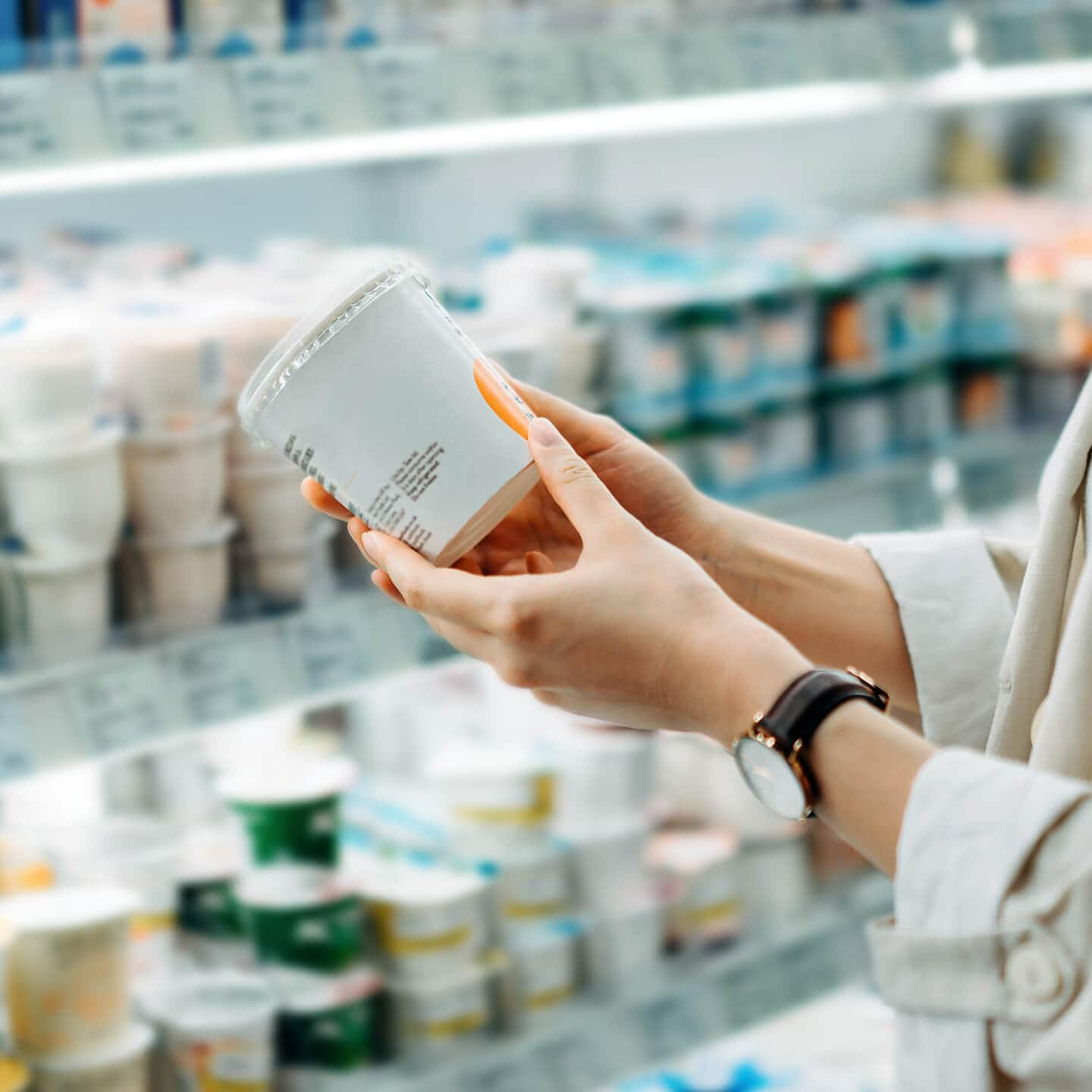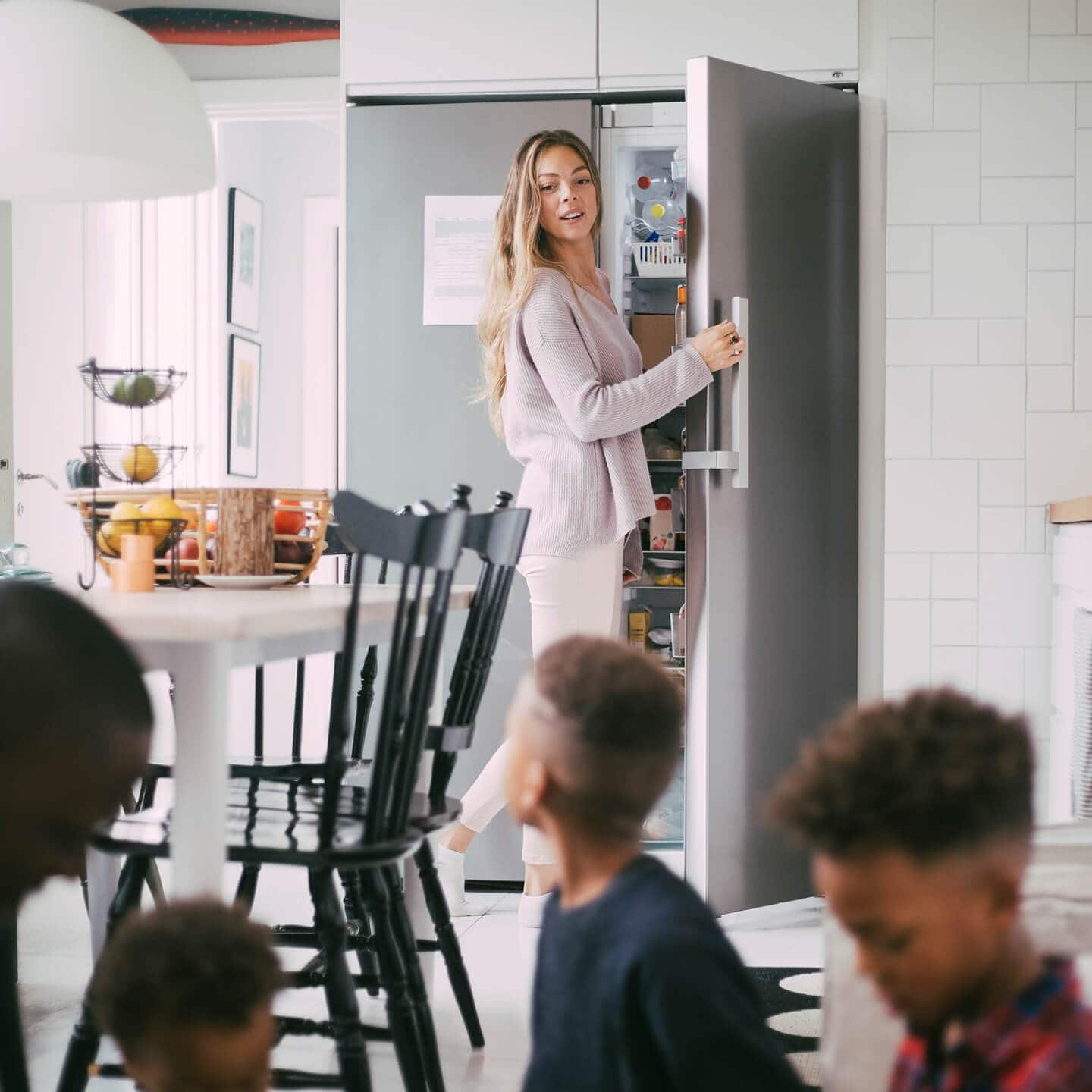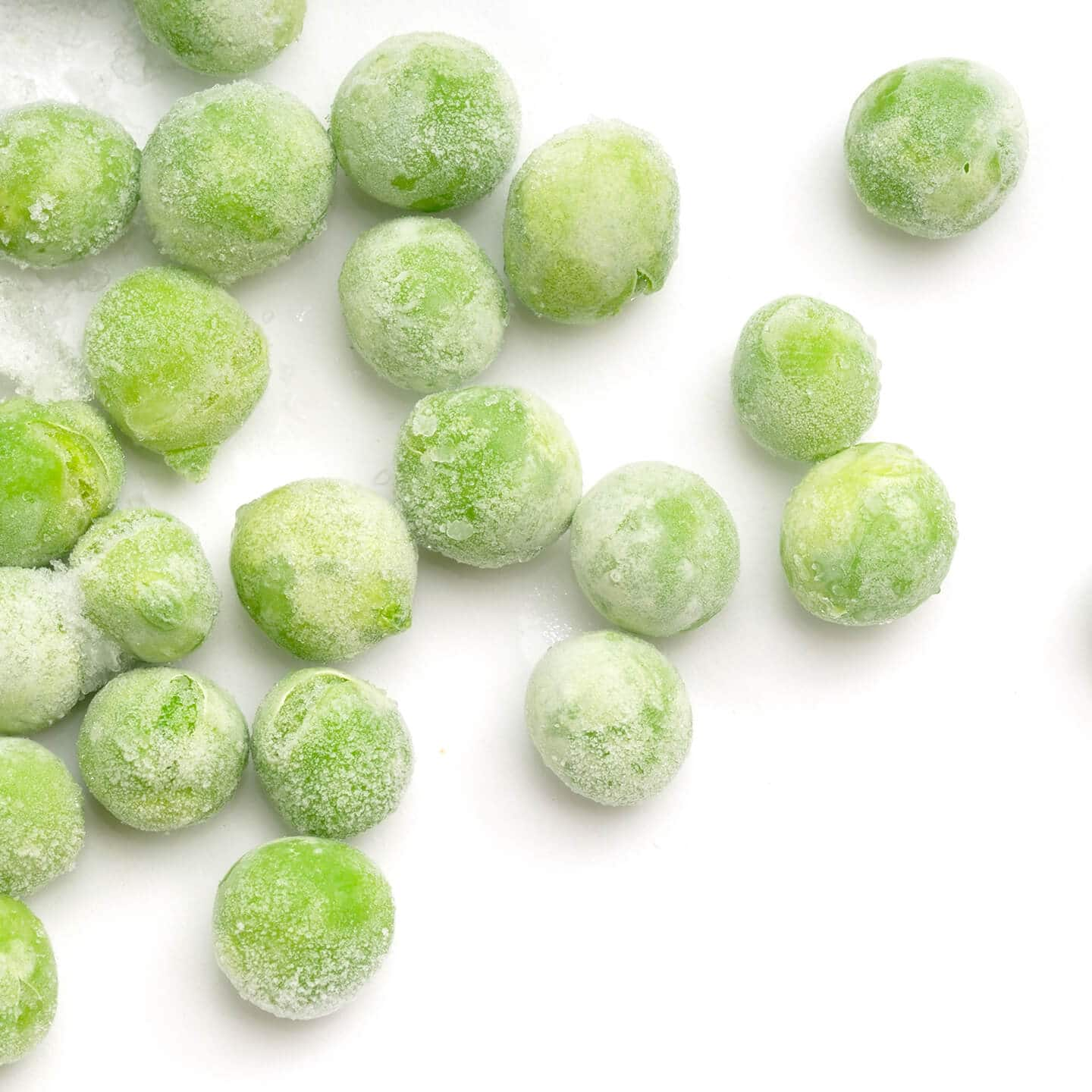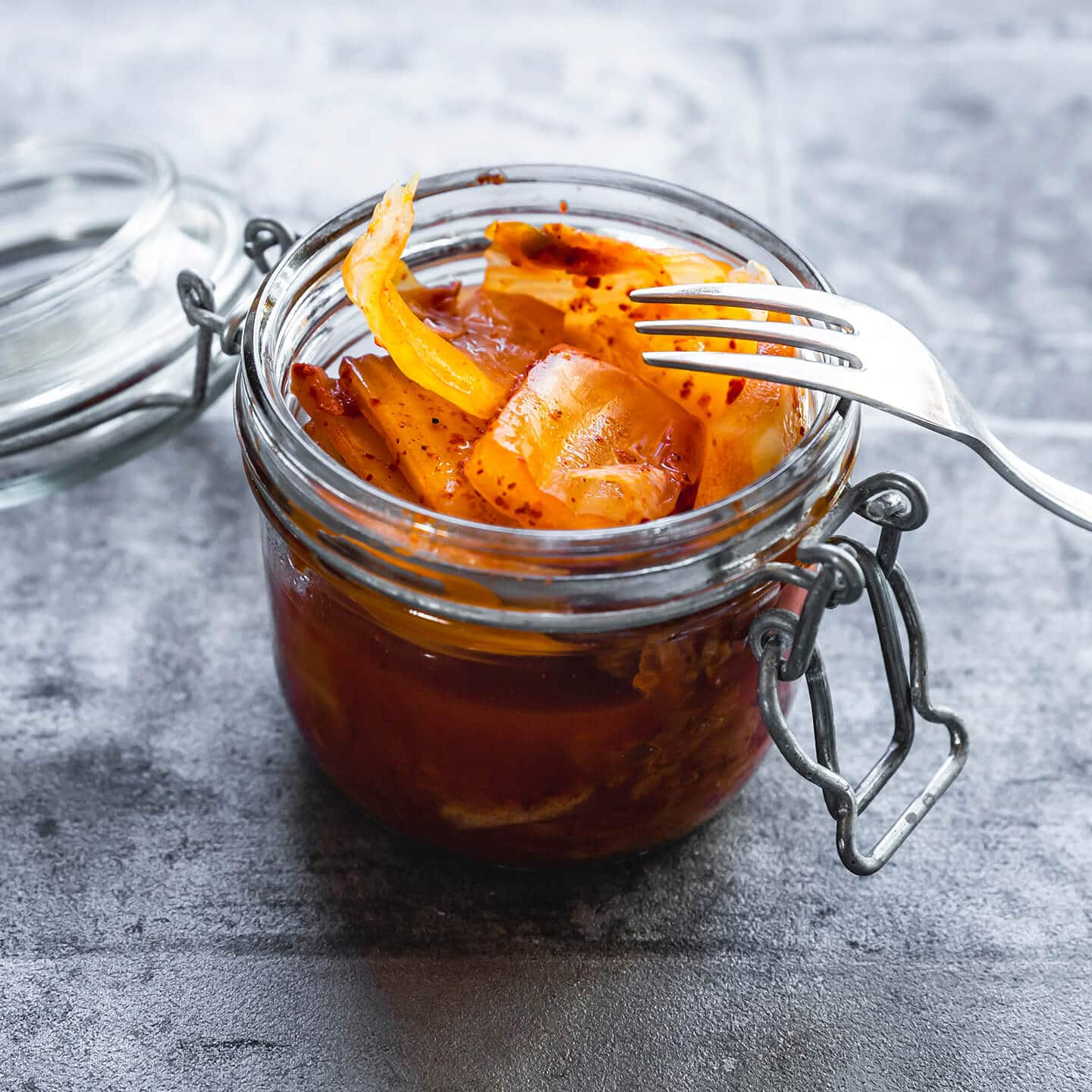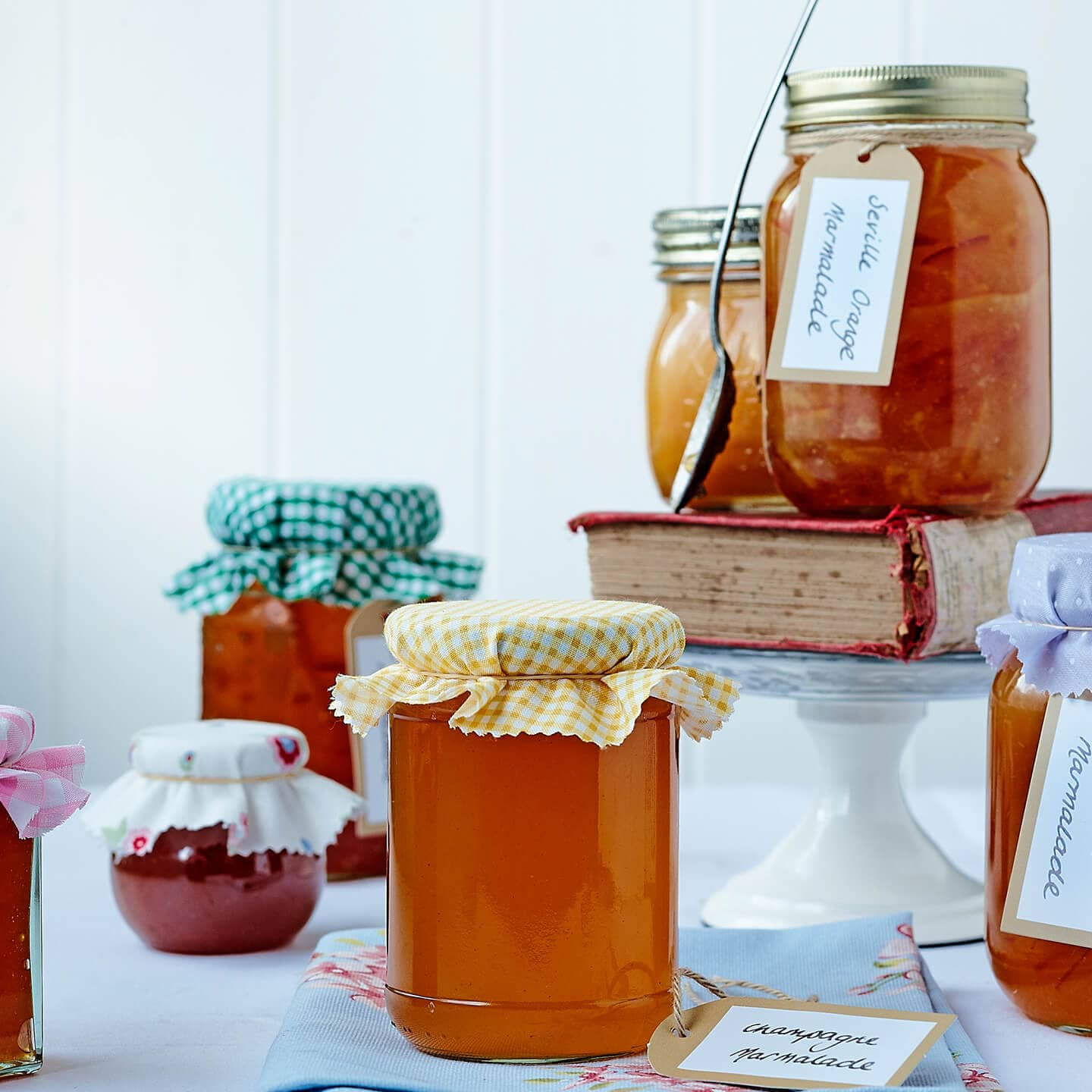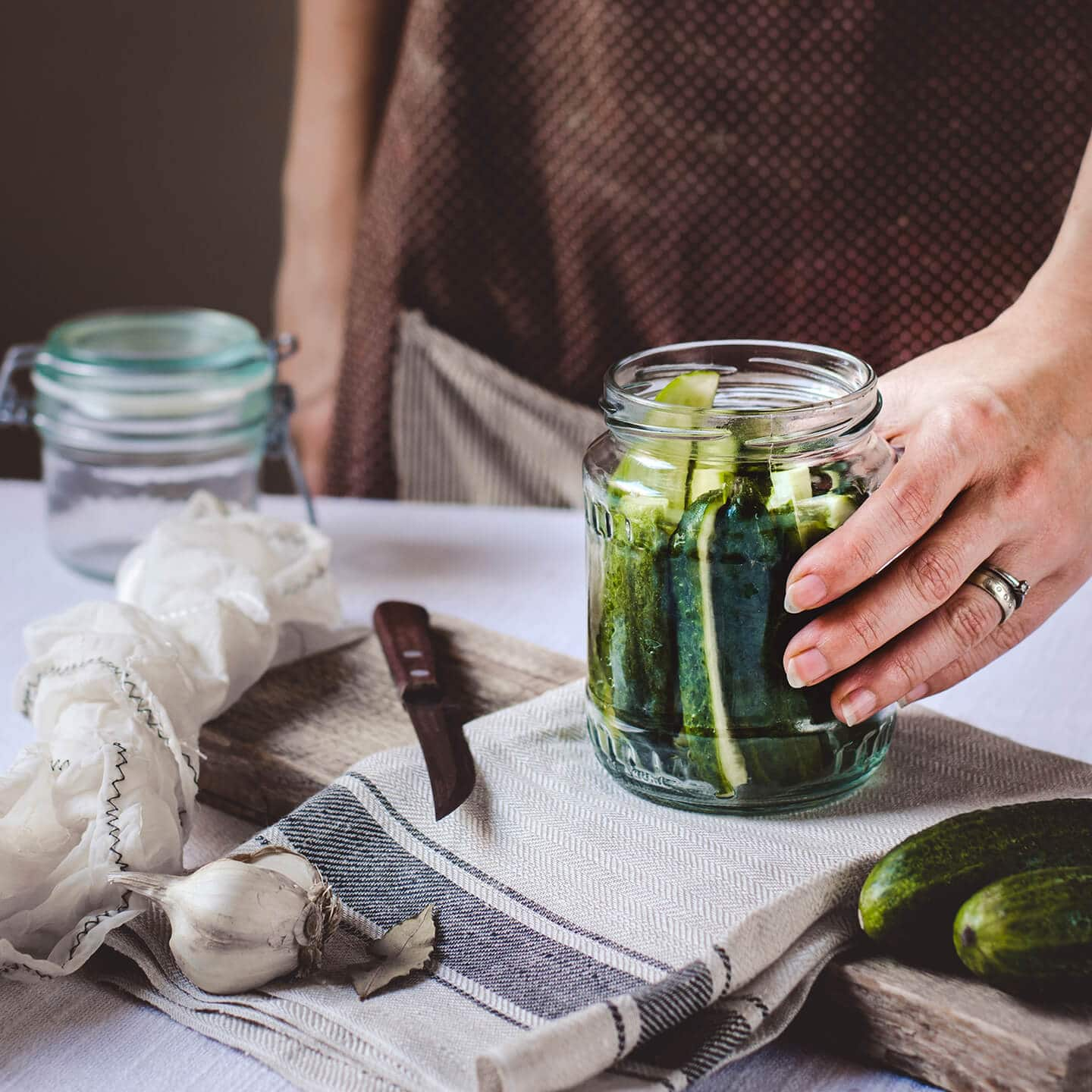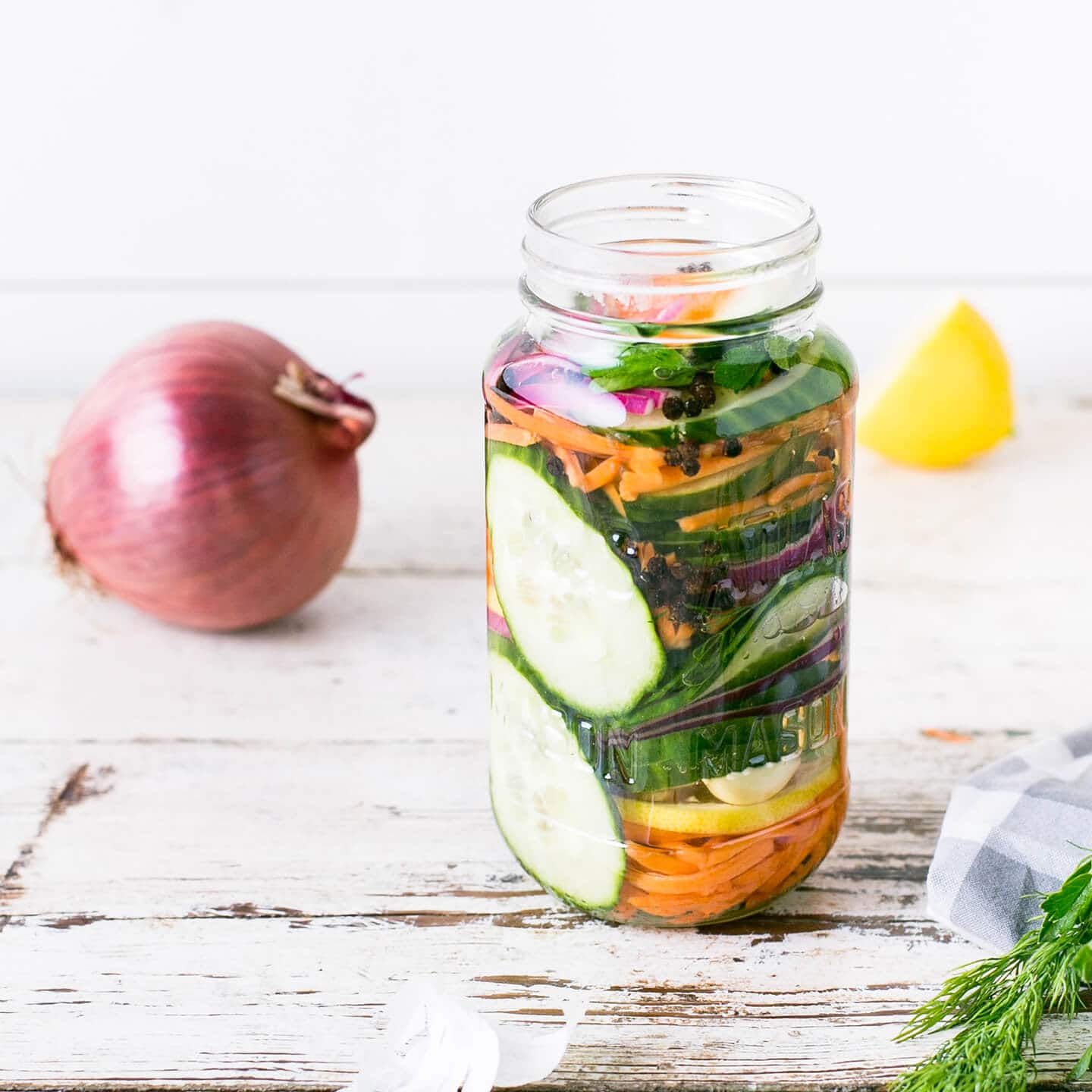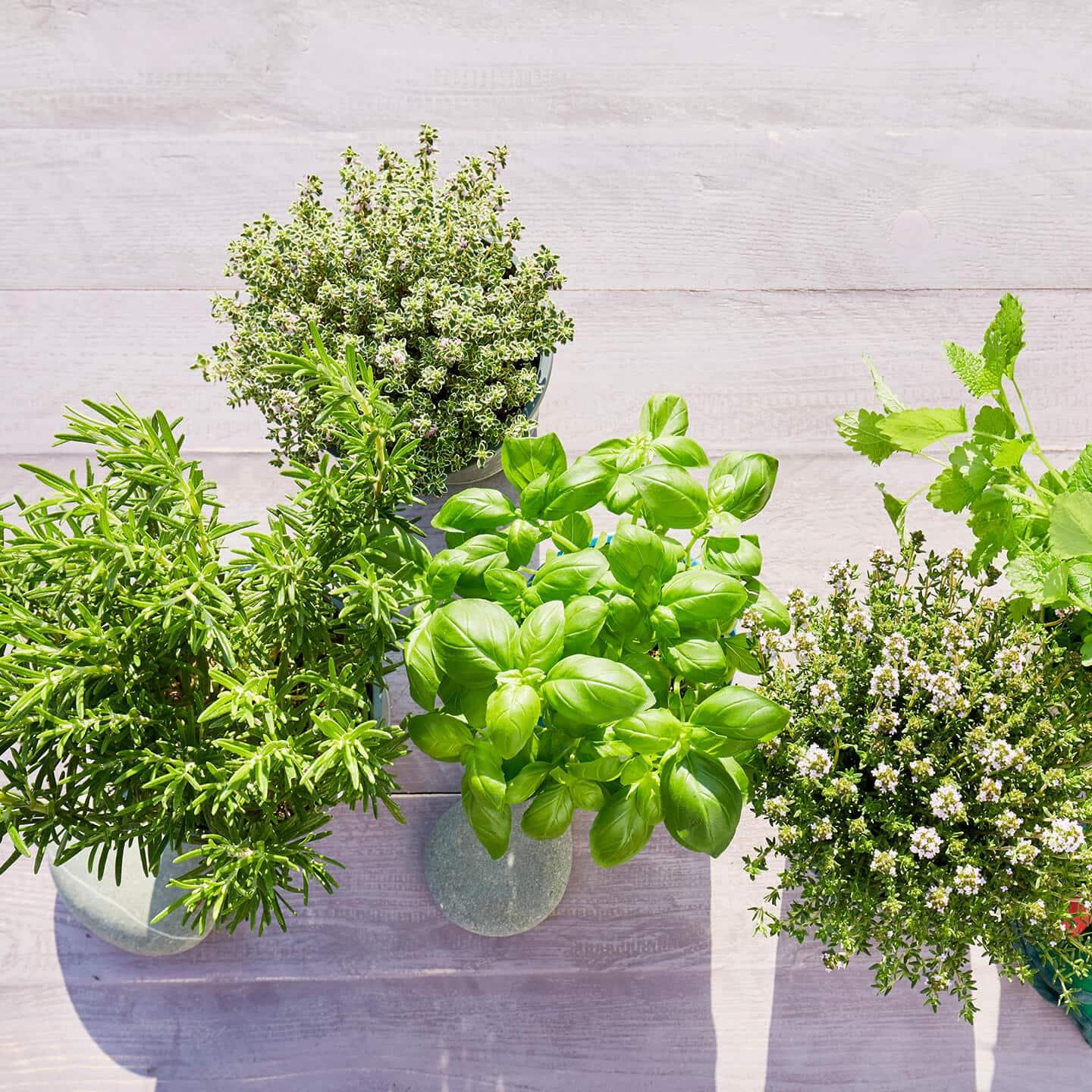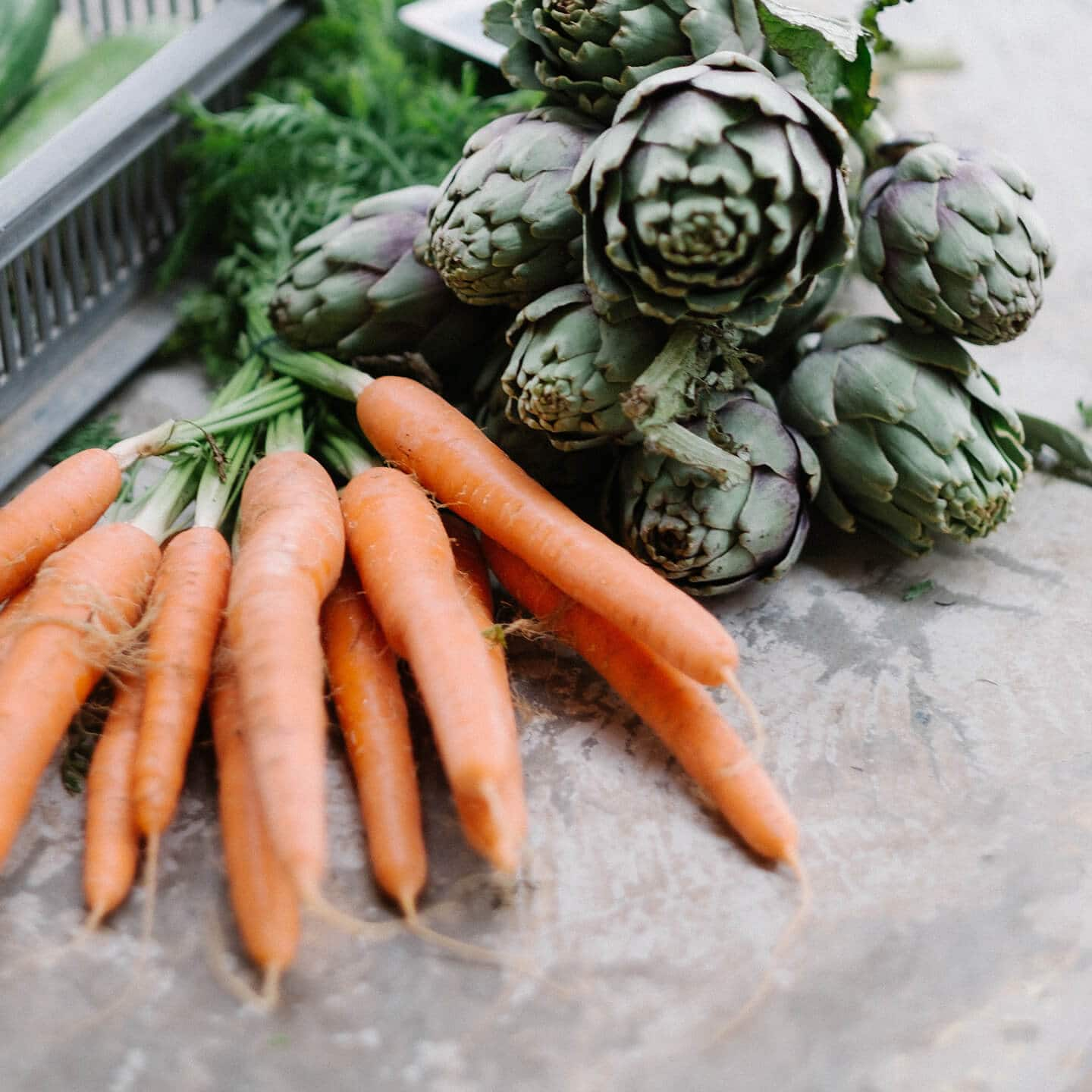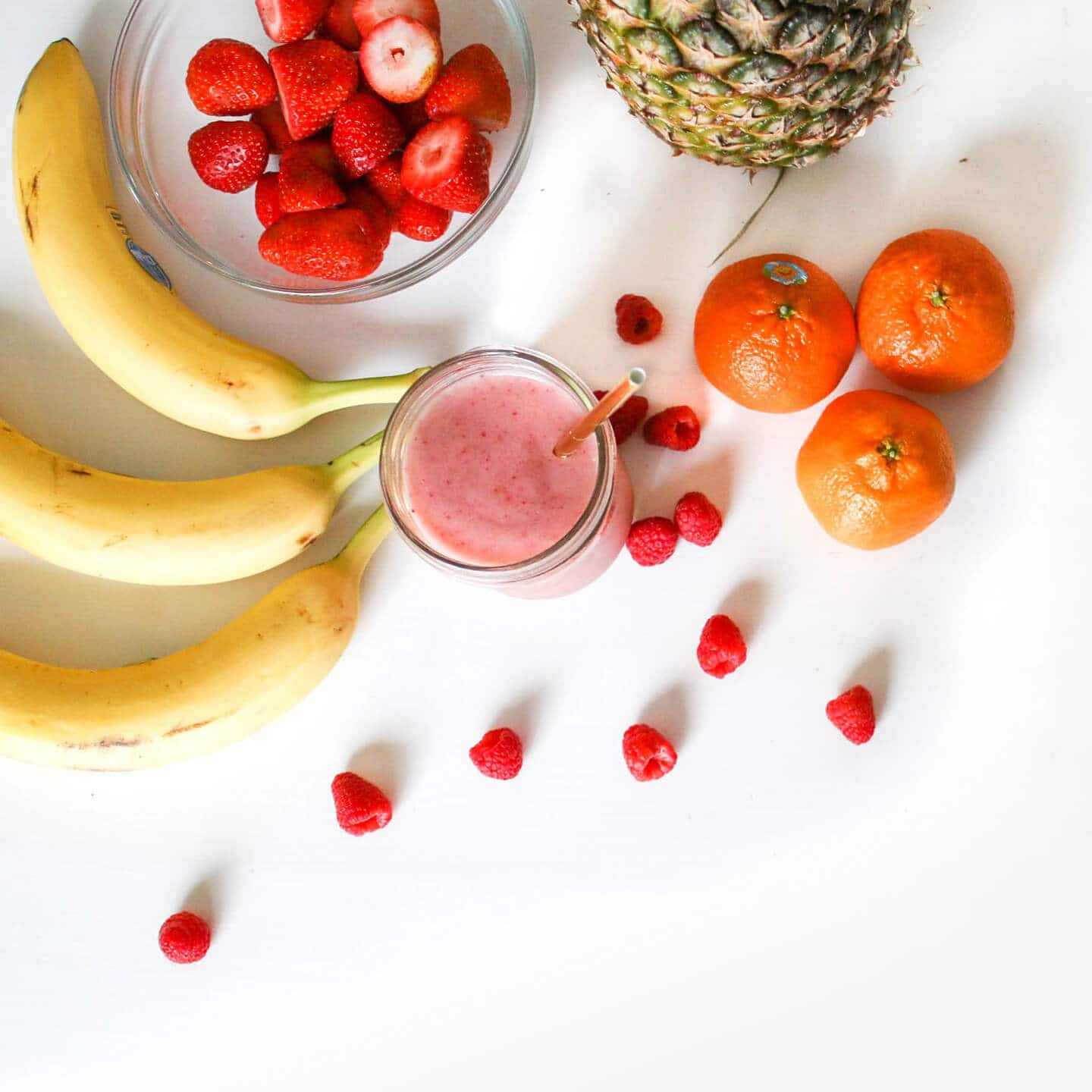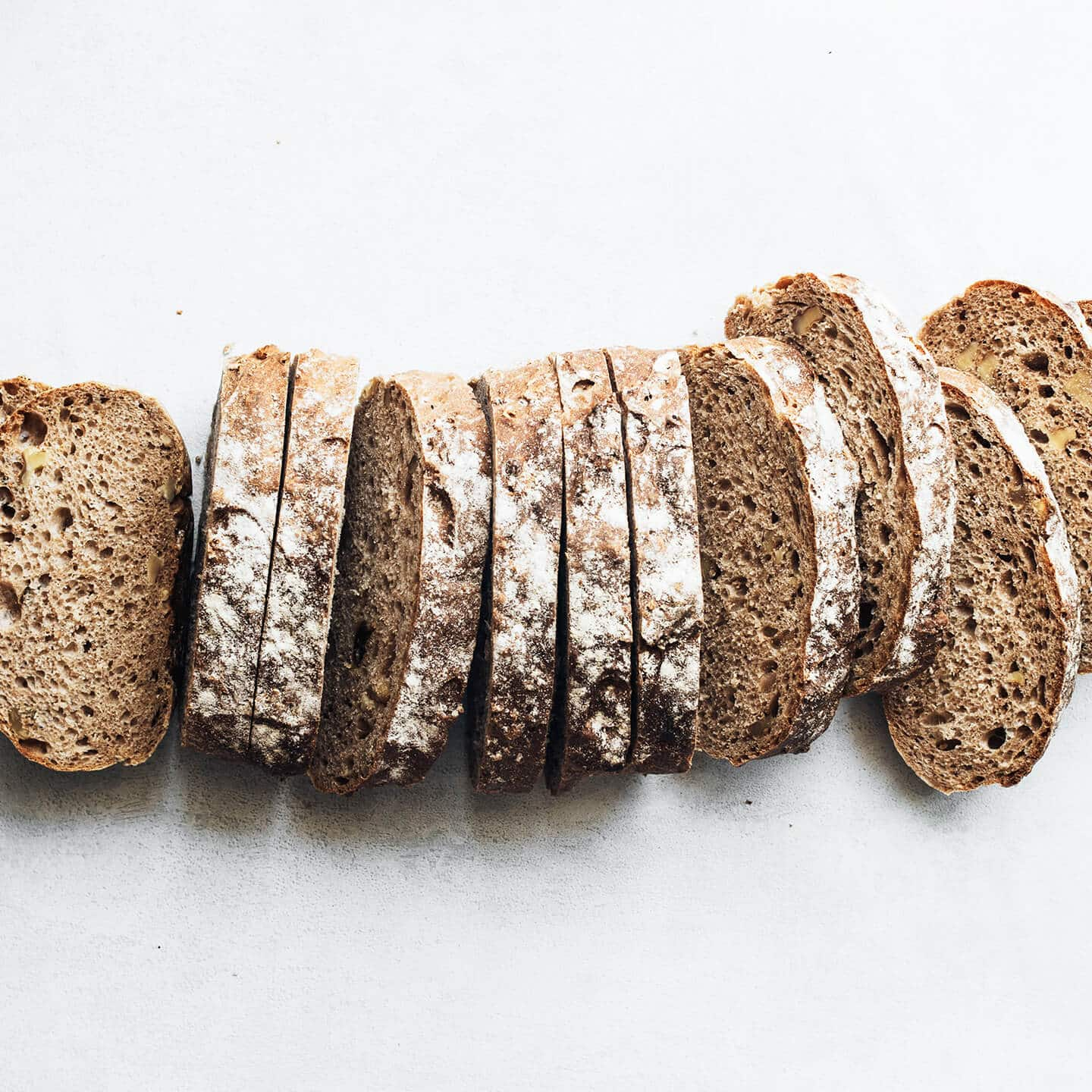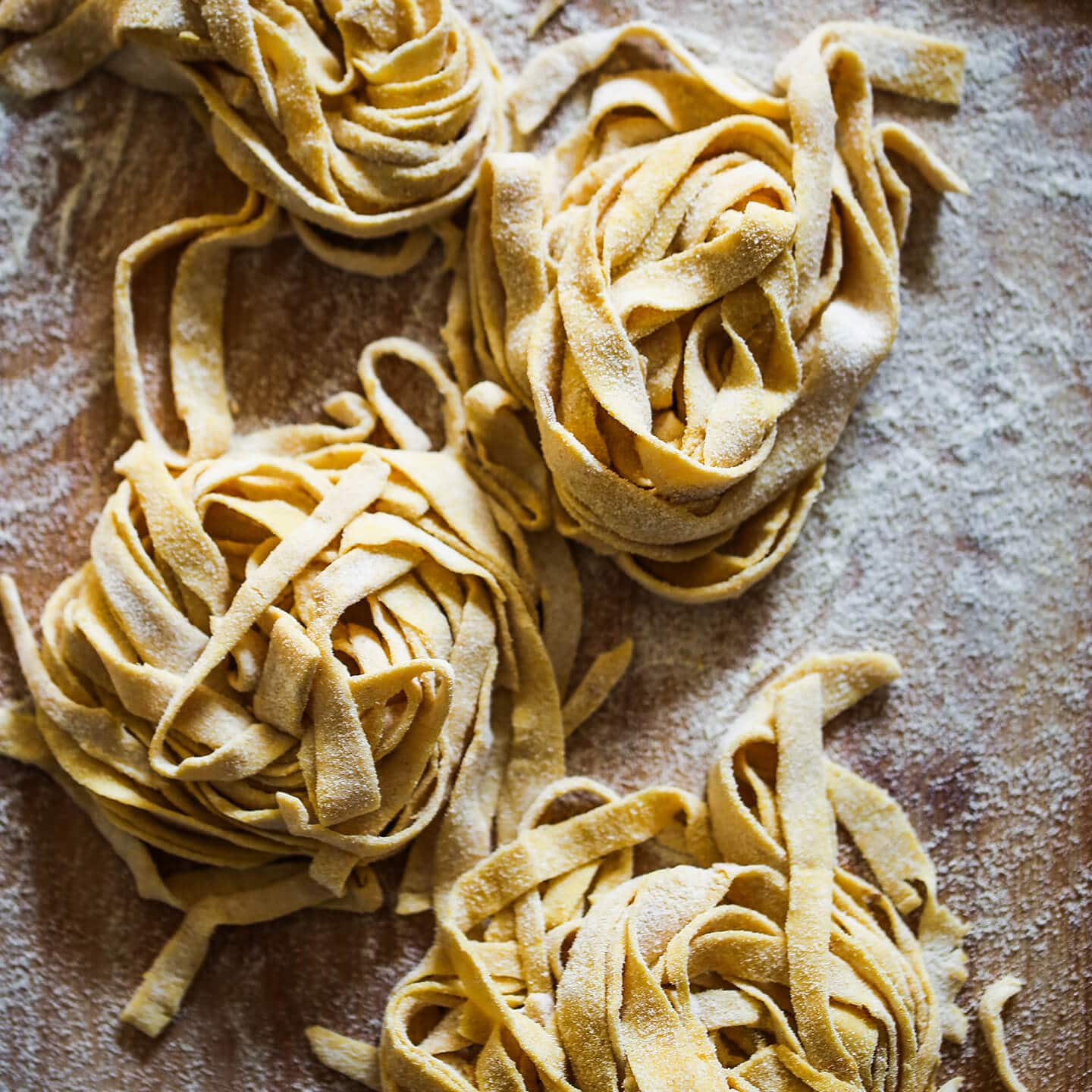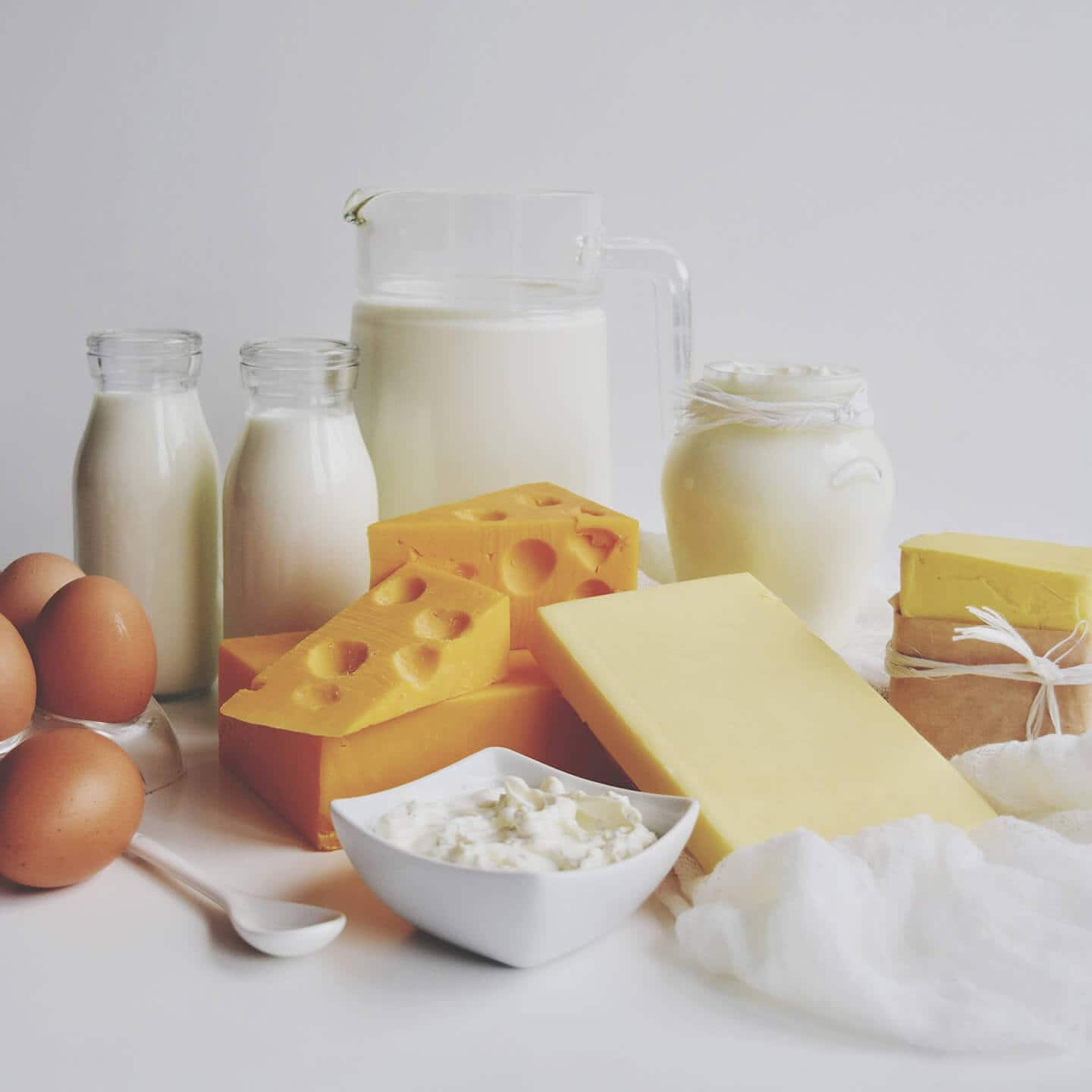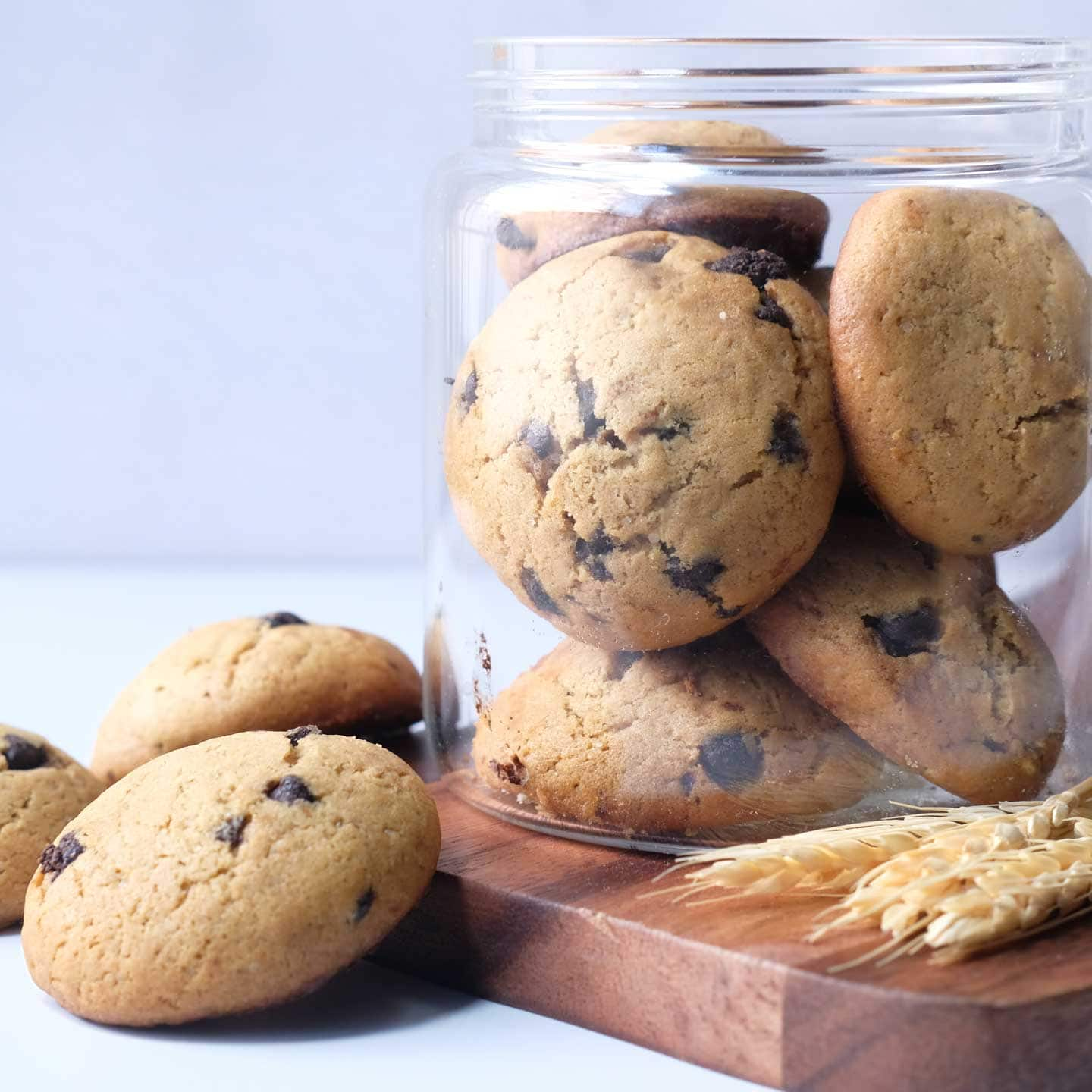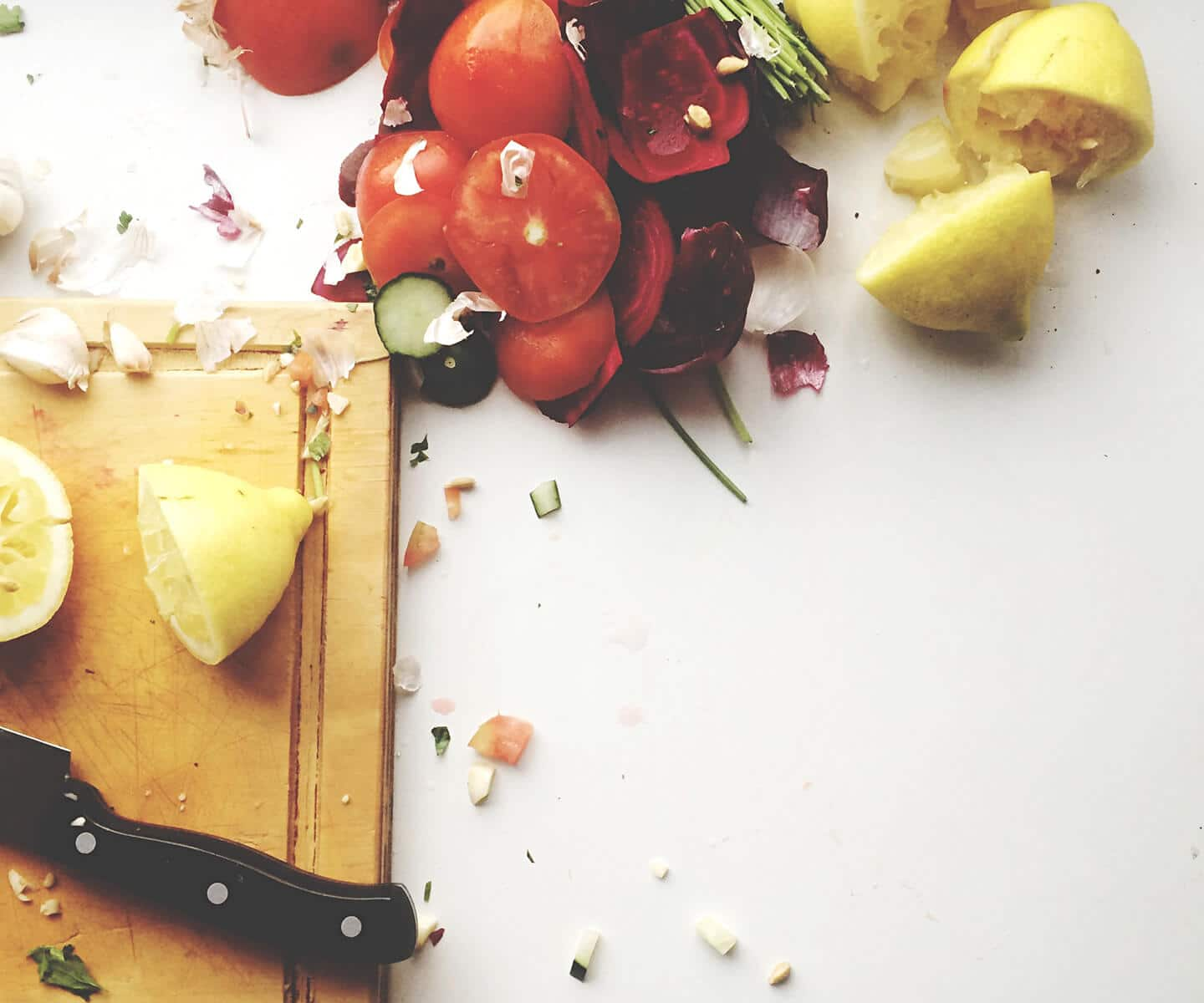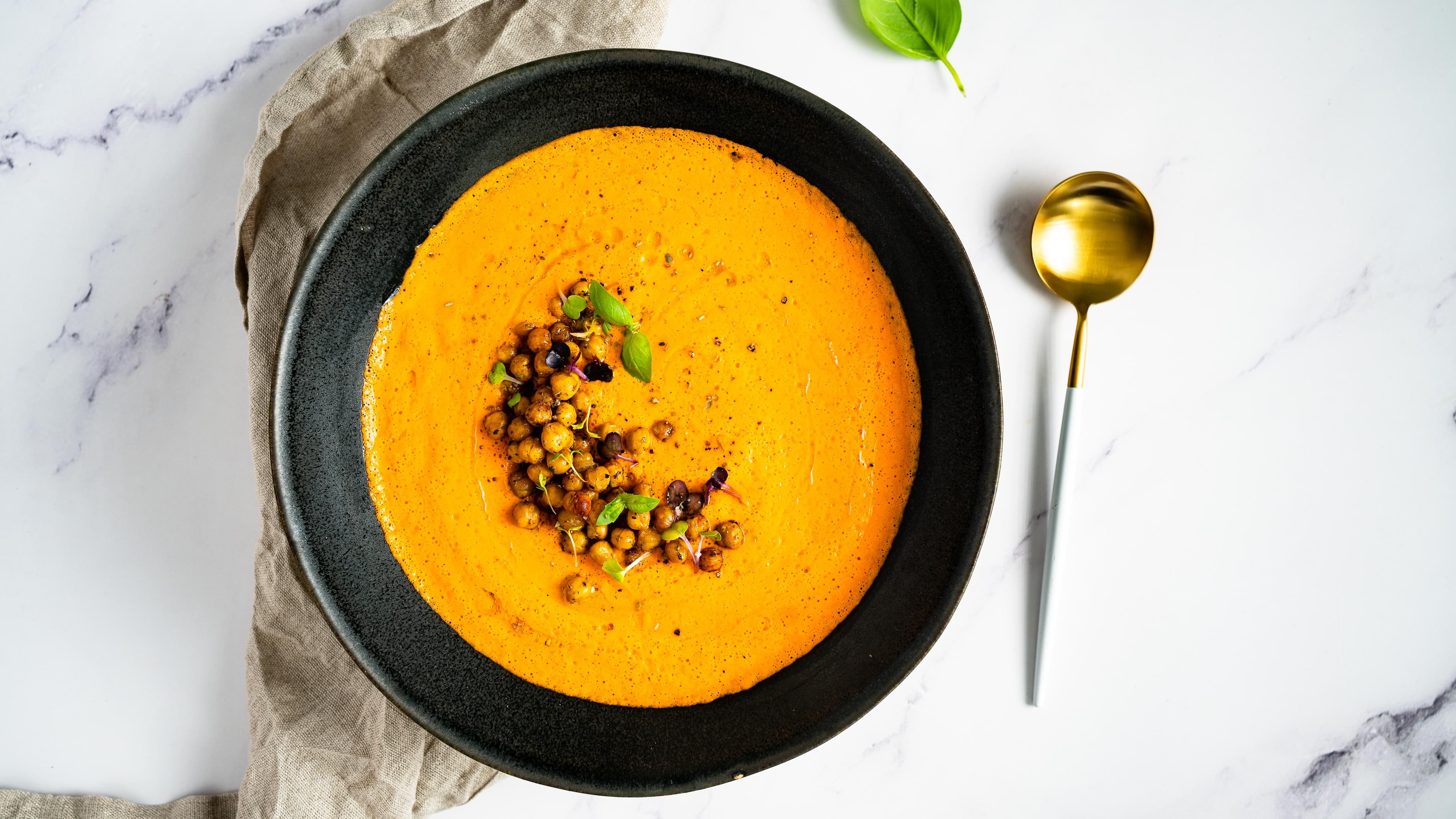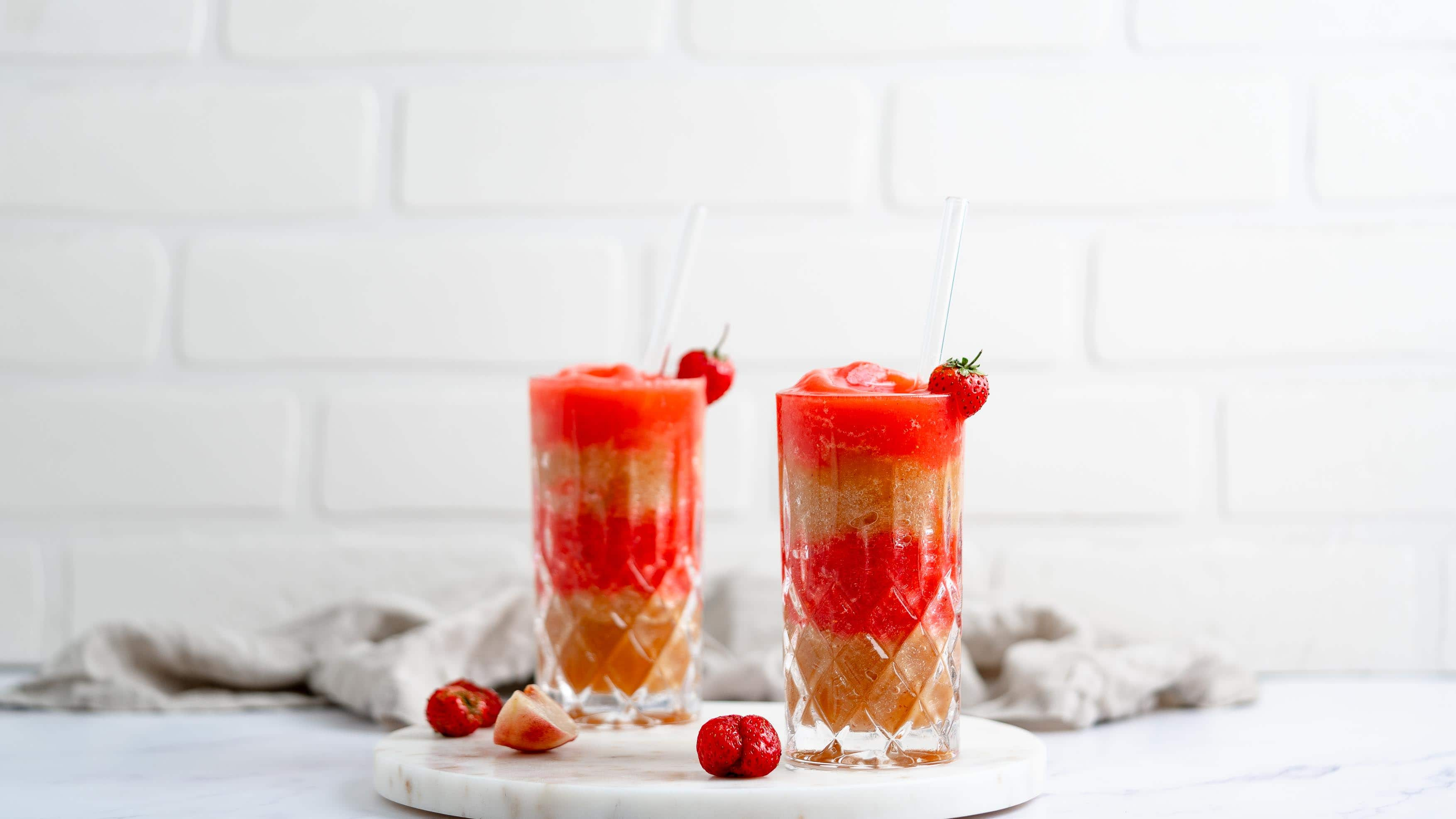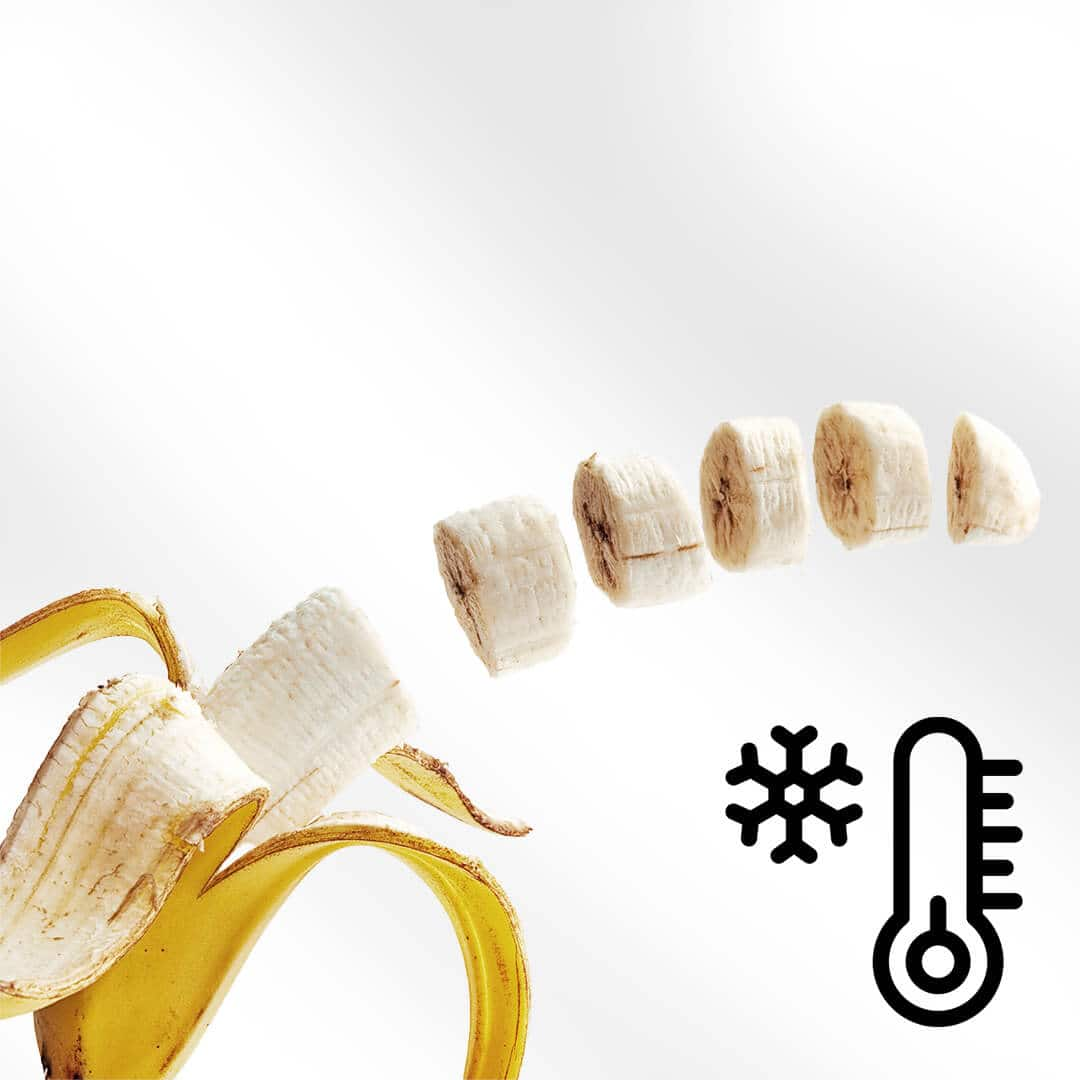What to do with leftovers? Get creative with your odds and ends
Sliced vegetables, yesterday’s potatoes, half a pudding – if you’re not careful, your fridge will be brimming with leftovers. You should always give your food a second chance, as it often allows you to get creative. Don’t throw leftovers in the bin, put them in a pan and conjure up something new. Cooking leftovers together with family and friends can be a lot of fun!
Whatever the food, whatever the occasion, there’s always a recipe to match. For example, leftover bread, tomatoes and rocket can become a delicious panzanella. Maybe you could whip up a healthy dessert by turning leftover fruit into a smoothie or fruit salad? And that leftover sliced pepper can be combined with the half-can of sweetcorn and rice from yesterday to create a tasty
veggie curry.
Still got some soup leftover from yesterday, but not enough for a full portion? No problem! Just use it the last bit of soup as a sauce for pasta or noodles. And, if that’s still not enough, add a few chopped vegetables and maybe a little vegetable stock.
Check out our recipe ideas for further inspiration on how to use leftovers creatively.

















